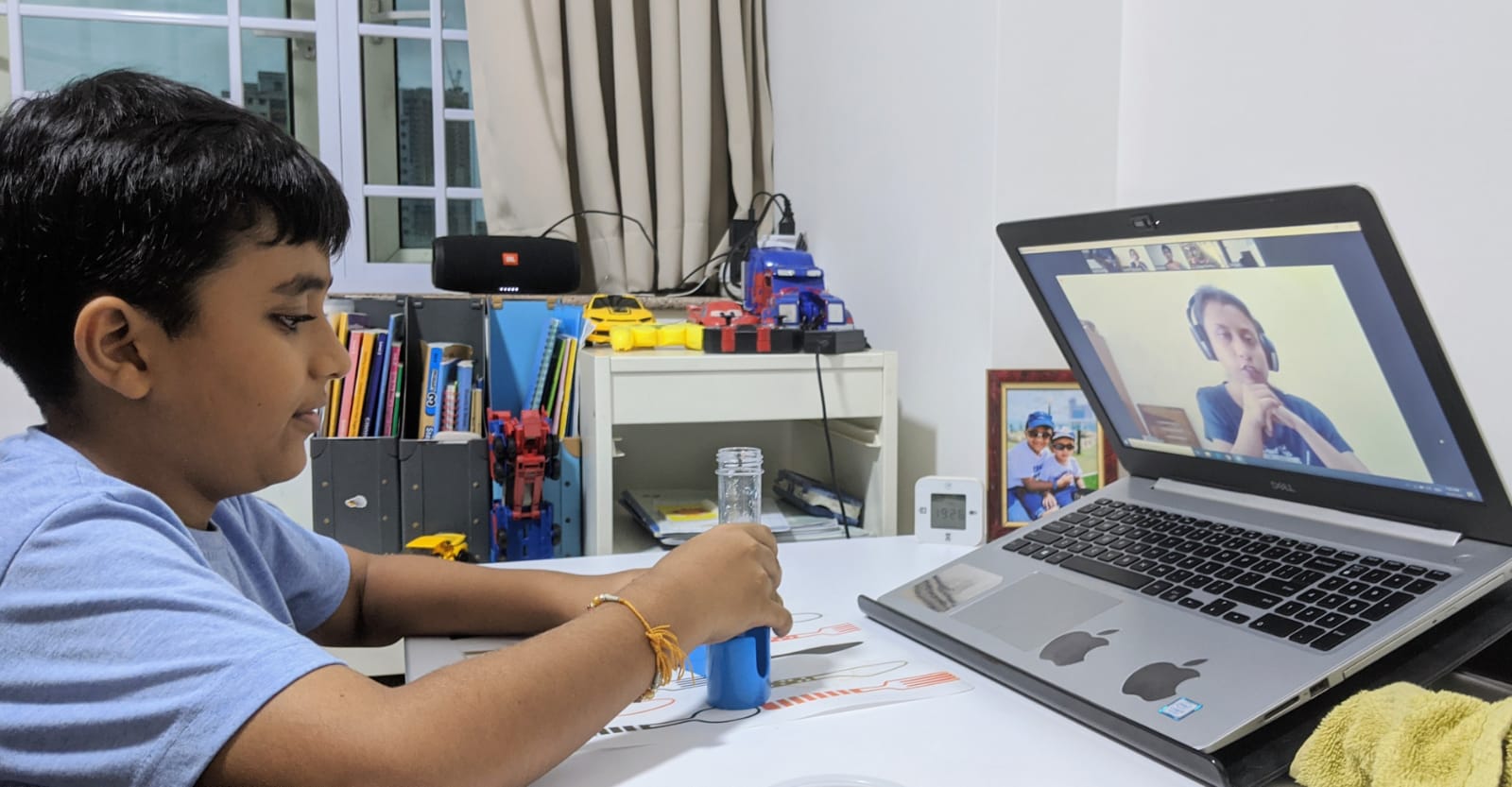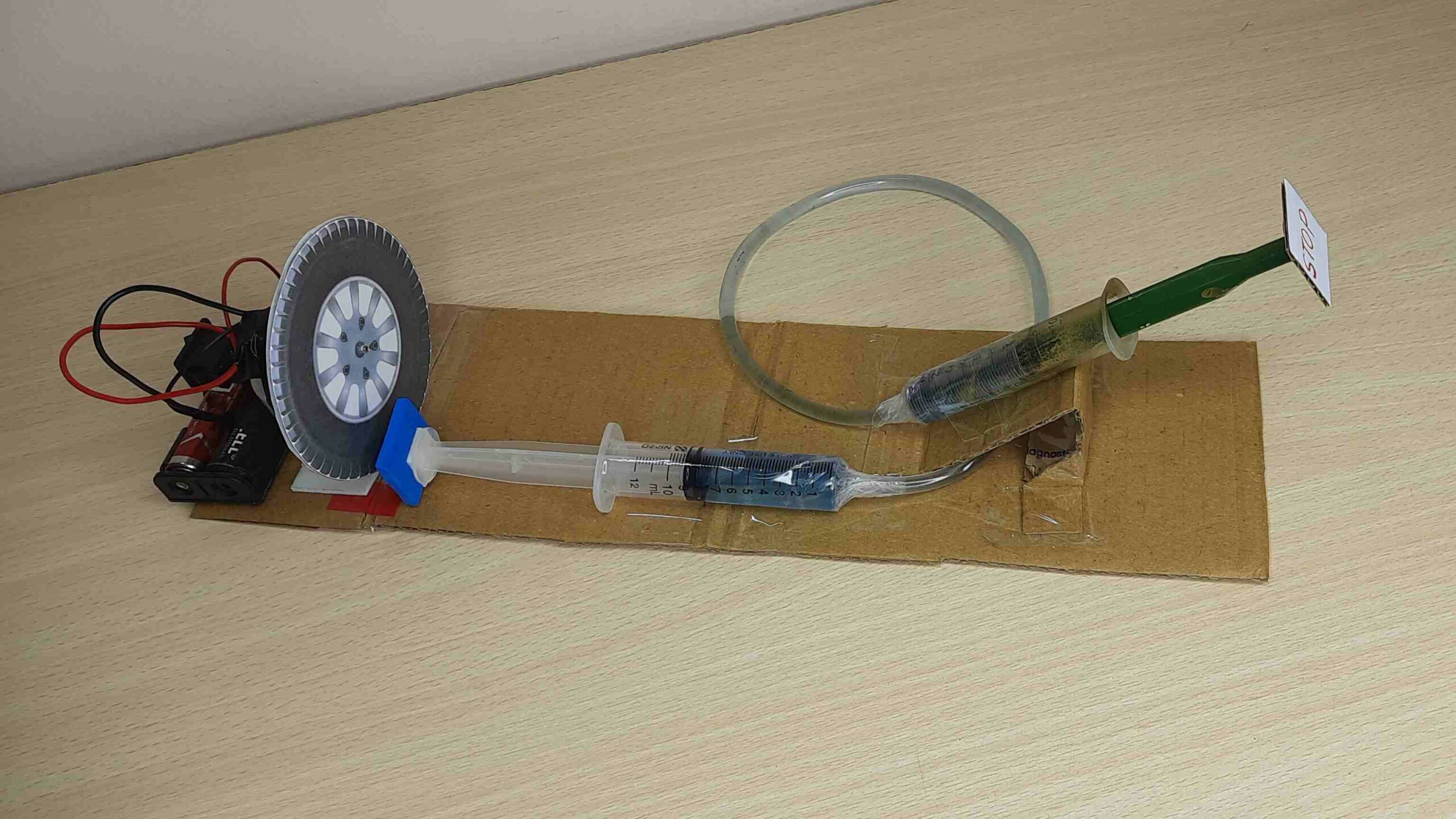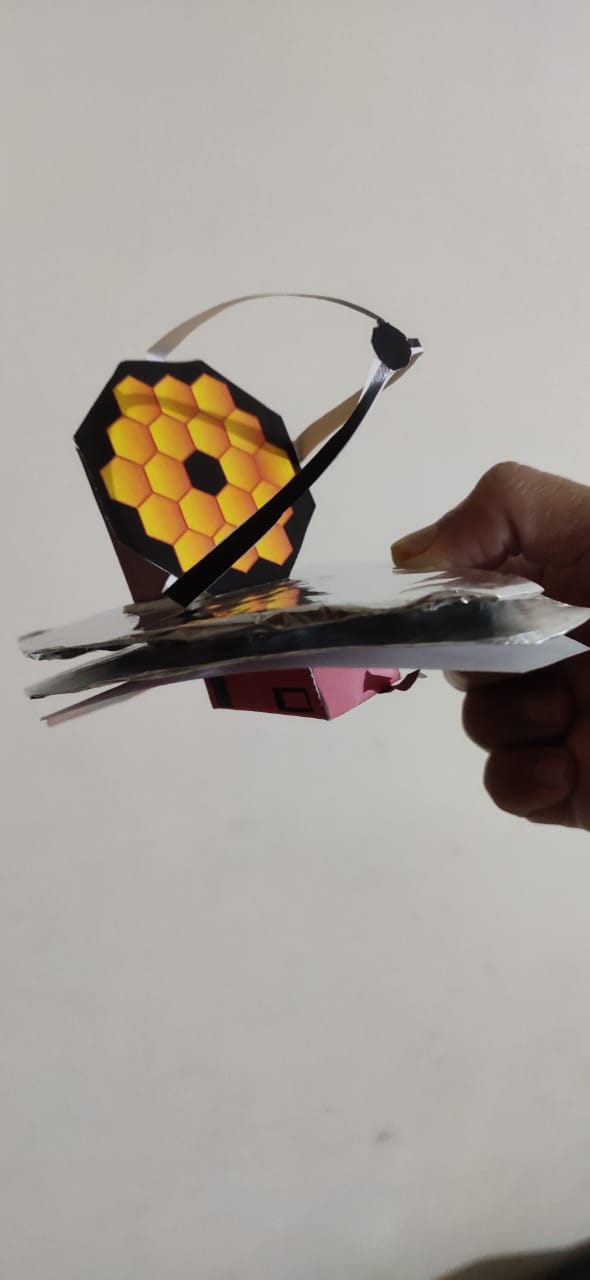It was 2 pm one afternoon in 2021 when Srishti, a Class 4 student, returned from school and rushed to find her mother. “How can a ship float on water if it’s made of metal?” she asked the bemused Sonali. Science class at school that day was all about exploring the nature of liquids and their density. Srishti’s teacher mentioned a higher density possessed by metals rendered them “heavier” than water.
“So, the ship should sink, right?” Srishti persisted.
A valid doubt thought Sonali.
Fortunately for Srishti, her mother had all the answers. With a PhD in physics from IIT Delhi and 12 years of brainstorming on photonics with some of the best minds in science, Dr Sonali Dasgupta was equipped with the expertise to answer all the eight-year-old’s innocent doubts. And this time was no different.
The little girl watched with bated breath as her mother conjured yet another experiment. This was usual in the Dasgupta household.
A concept that was a bullet point in the textbook came to life as Sonali fetched some aluminium foil from the kitchen, and bent it into a hollow boat-like shape which she then placed in a bucket of water. It floated!
Sonali then proceeded to explain the deep-rooted science behind this simple phenomenon. While Srishti would learn the concept of buoyancy years later in Class 9, an early introduction to it would ensure she did not rote learn things but rather, understood them.

Where innovation is always a guest at the table
Sharing this anecdote with The Better India gets Sonali reminiscent of all the times she and Srishti have bonded over experiments. The lockdown was one of the most important phases.
“It was a pivotal point in my life in many ways,” shares Sonali. Not only did the Bengaluru mother launch her hands-on learning ecosystem STEMonsters during the second wave of the pandemic in 2021, but it was also the time she made a conscious decision to return to India from the UK where she was currently working.
“It was a professional call,” she says.
In hindsight, Sonali says it shaped many of her decisions positively. Her role as a scientist from 2007 to 2019 provided her with the scientific acumen she now fuses into every session at STEMonsters.
When Srishti was younger, Sonali would often get model samples from the lab or take her daughter to work. The lockdown cut off these avenues of learning. So, instead, Sonali brought the lab to their home to instil a sense of curiosity in her child, one that she herself had harnessed all these years.
While the world was “stuck” amidst the pandemic, this duo ensured the learning never stopped. A routine day witnessed them breathing life into different concepts, where “learning by doing” was the mantra.
“We learnt about the different properties of water, and I showed Srishti how absorbent materials differ from non-absorbent ones. I got her thinking about why a TV screen is black and not white, and why a phone does not get a signal when placed in the microwave,” she informs.
This probing often enthused Srishti to keep learning and to fall in love with science along the way. As the lockdown progressed, Sonali’s videos on WhatsApp stories became more popular, and she was flooded with requests from friends and family to include their kids in the fun.
The parents’ interest confirmed Sonali’s thoughts on how the traditional teaching techniques in schools needed an upgrade. “Often academics in Indian schools do not think beyond definitions. While working in some of the best labs in the world, I was exposed to different approaches and watched how kids were introduced to science. I strongly believe our curriculum is one of the best, but it needs an overhaul in the way we introduce it to children.”

Sonali’s venture STEMonsters attempts to bridge these gaps in the system. It steps in to delineate crucial concepts in science and mathematics while inculcating the slowly fading away sense of wonder that these topics would usually bring in.
Studying happens at school; learning happens at STEMonsters
“Have you observed how your cocktail at a restaurant is layered with different colours?” Sonali asks me. I answer affirmatively, excited to be let in on some science magic.
“That’s another place where density plays a role,” she carries on. “Srishti and I took a glass bottle and poured liquids like soya sauce, coloured water, raspberry sauce, mustard sauce, etc. in one by one. We got a Rainbow Density Tower.” I am not surprised by Srishti’s enthusiasm for science. Just hearing these concepts explained in relatable ways amazes me.
“This lesson can then be expanded to touch upon how liquids take the shape of the container,” Sonali adds. “You see how everything is interdisciplinary and how so many concepts can be introduced to kids without overwhelming them.”
At the STEMonsters office in Bengaluru, experiments are being made as we speak. These will be used to demonstrate concepts to kids ages 8 to 14. The continuous learning programme enables these children to come together on Zoom where they explore the nuances of science and maths. Classes 3 and 4 are grouped together, as are Classes 5 and 6, while Classes 7, 8 and 9 are in a third batch.
“This ensures they are not only learning from me but also from each other,” Sonali smiles. Ishani, a student of Class 6, agrees. Her personal favourite topic to date is forensics. She adds that she wants to learn more about it as it helps solve mysterious cases. Aryan Kejriwal from Class 5 meanwhile loved the lesson on the solar system. “We made origami stars and it was so much fun,” he shares.
Aryan’s excitement is shared by his mother Aanchal who says her son looks forward to every class. “He is so curious to understand so many things, and maths and science are definitely his favourite subjects now.”

A regular session involves work. Lessons are planned well in advance and kids are informed of the material required for the session. It commences with an experiment following which questions are asked, answered, doubts cleared, and voila! The concept of the day is now revealed.
One Class 7 student Sooktha Shastry loves this hands-on mode of learning. “My favourite topic was space and my favourite experiment was the one with the James Webb telescope,” she says. Sooktha is referring to the origami model that they created in one of the sessions following a NASA tutorial.
She is one among the “1300 students” who have been mentored by Sonali. “We see students from pan India and even Hong Kong and Singapore in attendance,” notes Sonali adding that the cost for 12 sessions is Rs 6,200.
In the time when she isn’t busy conducting these online classes, she takes offline workshops at schools. As the Bengaluru mother sees her own wide-eyed curiosity — which she once harboured as a child — now reflected in these young minds, she feels elated.
“The circle is complete,” says Sonali.
Edited by Pranita Bhat
No comments:
Post a Comment